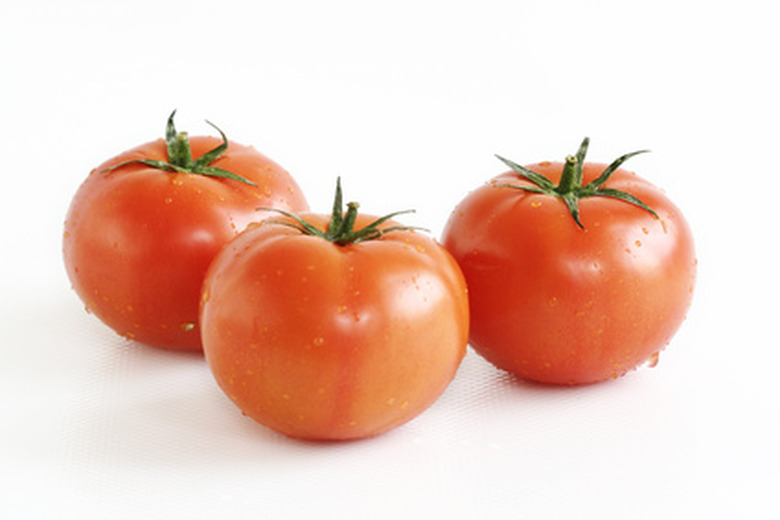The Advantages Of Hydroponics Over Conventional Farming
Conventional soil-grown farming methods for vegetable production are customary in large production settings and backyard gardens. Hydroponics, or growing without soil, is a viable method of producing more vegetables for less money in a faster time span. Fight what you know and open you mind to a better way to produce food for your family or business.
Space
Perhaps the greatest advantage of hydroponics over conventional farming is space. A hydroponic garden produces the same amount of fruit in one-fifth the space required for conventional methods. The plants grown hydroponically have much smaller root systems; spacing is not an issue as it is in the soil where roots need room to branch out.
Soil
To grow hydroponic crops, you don't have to fuss with soil improvement, weak soils or waiting for the right soil temperature. Hydroponic plants always have perfect conditions in which to grow. One disadvantage over growing plants in top grade soil is that hydroponic plants have a weaker root system. However, in anything less than perfect soil, hydroponics is still superior.
- Conventional soil-grown farming methods for vegetable production are customary in large production settings and backyard gardens.
- The plants grown hydroponically have much smaller root systems; spacing is not an issue as it is in the soil where roots need room to branch out.
Conservation
In conventional farming, much of the water used to feed plants is lost in the ground or evaporates in the air long before it reaches the plants. Hydroponic plants always have perfect water conditions with zero loss from evaporation or drainage. There is a more efficient use of nutrients with hydroponics for the same reasons. Less nutrients are lost to airborne breezes or soil leeching, which means less fertilizer is needed.
Speed and Climate
Hydroponic plants grow faster than crops grown in soil, allowing more crops per year and faster profit. Conventional farming is limited to growing seasons, while hydroponic growing can be done indoors throughout the year regardless of outside temperatures.
Equipment, Labor and Time Costs
Hydroponics cost more to set up than conventional farming techniques. You need specialized equipment and the knowledge of how to use it. Although equipment and supply costs are initially high, hydroponics ultimately saves money over conventional farming in labor costs. Because more vegetables are produced at a faster rate, hydroponics saves money with less labor and time spent to bring the produce to market.
- In conventional farming, much of the water used to feed plants is lost in the ground or evaporates in the air long before it reaches the plants.
- Although equipment and supply costs are initially high, hydroponics ultimately saves money over conventional farming in labor costs.
Disease Reaction Time
Conventional farming comes out ahead of hydroponics when it comes to thwarting disease or pest problems. Plants take longer to react to problems in a conventional setting. In water, they react fast to disease and pests and are lost faster. Conventional farming methods give farmers a longer grace period to fight a problem.
